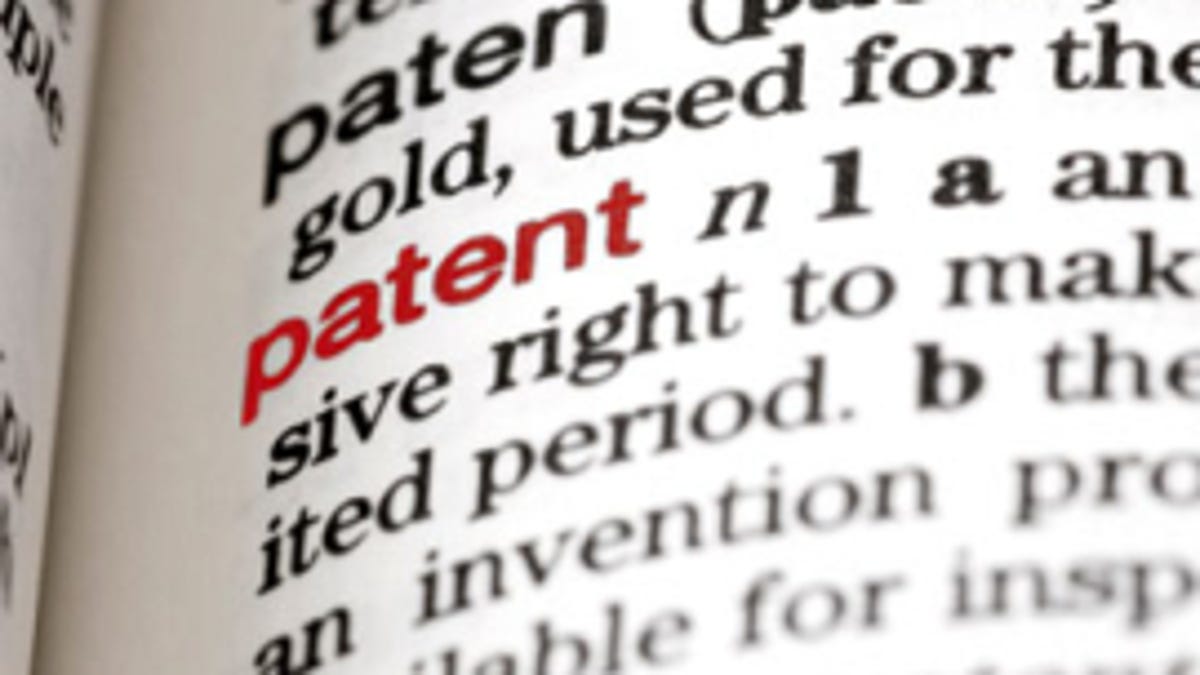Motorola could face European patent probe, official says
The mobile phone maker may not be fairly licensing "essential" patents to other computer and smartphone makers, the EU's competition chief says in a Washington speech.

Motorola Mobility may find itself the target of an EU investigation over complaints about its patent licensing.
In a recent Washington, D.C., speech, EU Competition Commissioner Joaquin Almunia specifically cited patent concerns over Motorola, lumping it in the same regulatory hot seat as Samsung.
"We have recently opened an investigation against Samsung to make sure that the company has not failed to honor the commitments it had taken back in 1998 to make its standard-essential patents for mobile phones available in fair, reasonable and non-discriminatory terms," Almunia said in the speech. "We have also received similar complaints by Apple and Microsoft against Motorola. I am considering whether we need to investigate these complaints formally to help bring more clarity into this area of competition control."
Both Microsoft and Apple have complained to the EU that the royalties charged by Motorola for certain patents are not in accord with FRAND -- that is, "fair, reasonable, and nondiscriminatory" -- terms.
Microsoft's beef is over the $22.50 in royalties per $1,000 laptop it must fork over to Motorola for patents related to the H.264 Web video standard. And Apple has been upset over Motorola's demand for a royalty of 2.25 percent of every iPhone or iPad that uses a 3G patent licensed by Motorola. These issues, among others, have triggered the wave of patent infringement lawsuits embroiling several of the mobile industry's major players.
Apple has indicated a readiness to settle the legal feuds through new licensing deals. But both it and Microsoft are clearly hoping the EU will intervene, a step that may be likely if Almunia's strong words lead to action.
As Almunia said:
Because thousands of patents are needed to build a modern smartphone, the holders of standard-essential patents have considerable market power. This market power can be used to harm competition; in some cases, the holders of standard-essential patents can effectively hold up the entire industry with the threat of banning the products of competitors from the market. I don't need to tell you that this is unacceptable, and I am determined to use antitrust enforcement to prevent such hold-up by patent holders.Motorola did not immediately answer CNET's request for comment.

